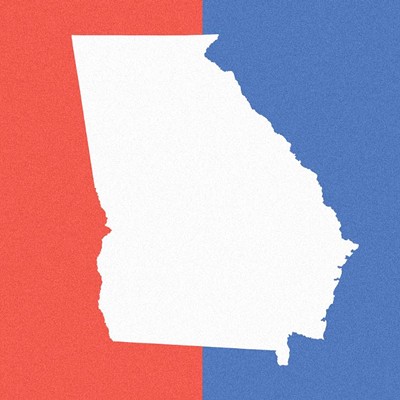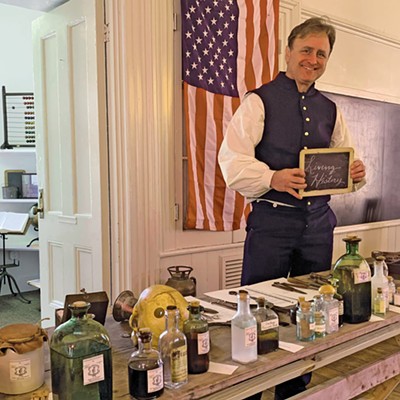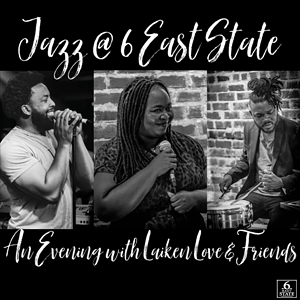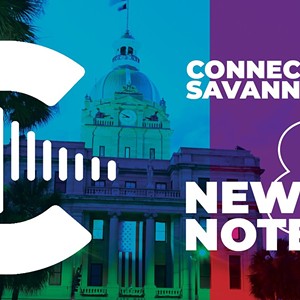I GUESS I'M SUPPOSED to be upset that this weekend the Sons of Confederate Veterans will hold a
“Secession Ball” in Charleston — complete with hoop skirts and a band playing “Dixie” — to celebrate the 150th anniversary of South Carolina’s secession from the Union, and hence the first irrevocable step towards the Civil War.
I’ve read that it’s offensive to celebrate such a thing, and that such a gala is an affront to decent people everywhere, a relic of a shameful and bygone era.
Maybe so, but I’m still not feelin’ it.
At the most basic level, one of the institutions upheld as a result of the Civil War was the Bill of Rights of the U.S. Constitution, allowing both freedom of speech and freedom of assembly. You don’t have to agree with the purpose of the Secession Ball in order for it to go on.
The NAACP is staging a protest of the event, which is also their right. In reference to the Secession Ball, an NAACP spokesman called slavery the “American Holocaust.”
Since someone else brought it up, I’ll just get down to brass tacks here: Germany, which at one point performed the actual Holocaust, is now one of America’s staunchest allies and most important trading partners.
But we can’t tolerate a silly cocktail party within our own country because of something the host state did over a century ago? Really?
Of course, there’s little doubt that the Secession Ball organizers are guilty of some historical revisionism of their own. I suspect — in fact I’m quite sure of it — that many of them would fall back on the old trope of insisting the South didn’t secede because of slavery, but because of state’s rights.
Which is certainly true — except the right they most strenuously advocated for was the right of states to have slavery, a fact the state’s rights crowd conveniently leaves out of the mix.
Still, the Sons of Confederate Veterans clearly aren’t advocating for slavery today, or even for segregation. Therefore we really have little choice but to take them at their word that the event is a celebration of Southern heritage and the sacrifice of the Confederate fighting man.
After the Civil War, by the way, the South’s martial tradition would sustain and drive the American war effort in any number of subsequent conflicts, with Southern Medal of Honor recipients far outstripping the South’s actual percentage of the population.
Is it not remarkable that the region that seceded from the Union is now that Union’s most patriotic defender? Is that not worthy of celebration? It’s quite unique, isn’t it?
In that vein, it certainly might be smart for the organizers of the Secession Ball to update the event in some way, to “rebrand” it in modern parlance, perhaps with a nod to racial unity and the strides the South has made, etc.
(At which point the question begs itself: When can we expect the NAACP, an organization which still features the phrase “colored people” in its name, to rebrand? Eh?)
But do we really want people to pretend to be something they’re not? What does that accomplish?
There’s plenty of mendacity in the world already. Why force someone to make a cynical marketing move — essentially, to lie — in order to garner political correctness points?
What core American value would that uphold? Which soldiers died for that cause in the Civil War?
If the Secession Ball should be vilified — and perhaps it should — can’t we, however begrudgingly, commend it for at least being sincere in what it really is?
After all, that’s the essential value the gala celebrates: the willingness to sacrifice everything for a sincere and deeply held belief and sense of identity in the face of adversity.
Is that not the central and all–encompassing romance that encapsulates all that is glorious, all that is maddening, all that is so perennially interesting to so many people all over the world about the American South?
And someone wants us to just get rid of all that? Well, bless their heart...
I’ve come to my own separate peace with the South. As a native Southerner who has rarely been in the Southern mainstream, I struggled for years with my homeland’s more frustrating characteristics: the stubbornly proud anti–intellectualism, the xenophobic distrust of other cultures, the conflation of personal religious belief with serious public policy, and of course the ever–present and ever–stressful racial tension constantly simmering under the surface.
So why do I stay? Simple.
In my travels over the years, the nicest, most mannered, most generous people I’ve met turned out to be right here at home. For all their many faults, the people of the South make everyday life easier to lead because of their innate grace, ever–present sense of humor, and remarkable creativity.
For me, the real face of the South is in the fine piece this issue by Patrick Rodgers about white and black residents of Pin Point coming together to preserve that community’s rich multicultural heritage.
It’s everything that is of real value and merit about the South: tradition, creativity, generosity, looking out for your neighbor.
The South, like history, is what it is. And also like history, we can’t always deal with it strictly on our own terms.































